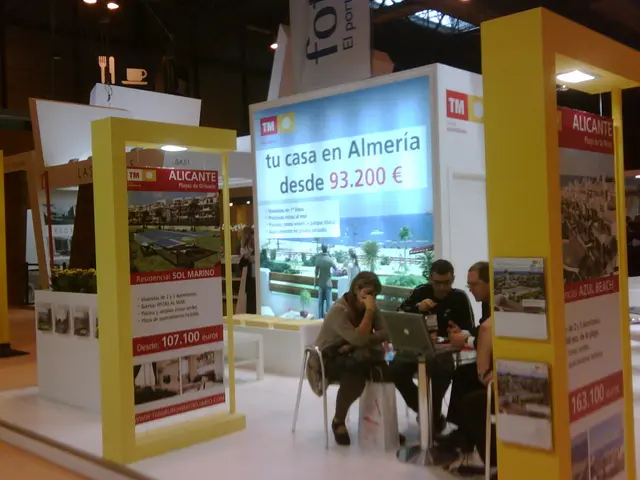Vestel Established Electromobility Division and Introduced MCS Charger Solution
Turkish electronics giant Vestel is making significant strides in the European electric vehicle (EV) market, with over 180,000 charging points already installed across the continent. The company's growth trajectory is impressive, as it collaborates with eight of the ten largest charge point operators (CPOs) in Europe and eyes expansion in Germany and the Netherlands.
Vestel's commitment to the EV market is evident in its creation of a new umbrella organization, Vestel Mobility, which encompasses its mobility and energy storage projects. The company's presence in Germany dates back four years, with partnerships like the one with Webasto already established.
In 2017, Vestel launched an AC charger series, followed by DC and HPC chargers. The company is now expanding its product line with 720 kilowatts chargers in 2021, and has set its sights on becoming one of the biggest charging system providers in the German market.
The market for EV components is predicted to grow to approximately 440 billion dollars by 2030, according to Ergün Güler, CEO at Vestel. This growth is expected to be driven by the increasing popularity of electric vehicles, particularly in Germany, which is projected to retain its position as the largest market in Europe for EVs, with an average annual growth of 30%.
Vestel sees potential in the growing number of electric trucks and the electrification of logistics fleets. The company is also involved in a project to expand charging stations for electric trucks in collaboration with European countries.
The focus is on resolving communication issues in chargers, as highlighted in the article "Read more: Initial challenges of MCS in eTrucks: How to resolve communication issues in chargers?". Vestel has announced the introduction of a megawatt charging system (MCS) for 2025, demonstrating its commitment to staying at the forefront of EV charging technology.
Vestel's expertise in software, hardware, and design is being brought to the mobility sector, with almost 30 European countries already benefiting from its charging points. The company's market capitalization is expected to exceed one billion dollars in the next three years, reflecting its growing influence in the EV market.
Read also:
- Industrial robots in China are being installed at a faster rate than in both the United States and the European Union, as the global market for these robots faces a downturn.
- Hyundai N affirms transition to hybrid performance-centric models, initiating with Tucson N
- EAFO Research Uncovers Crucial Elements in Electric Vehicle Adoption within the EU
- Stock markets in India anticipated a moderate opening, influenced by mixed signals from global markets.








